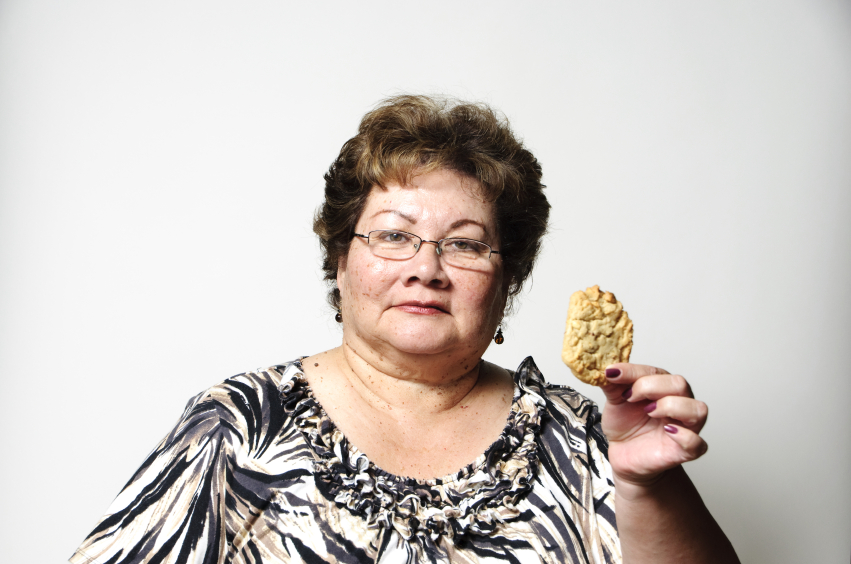NAC Reduces Alcohol Cravings, If Not Use
The antioxidant N-acetylcysteine (NAC) has been found to reduce many types of habitual behavior, from gambling to drug use to compulsive hair-pulling. A recent study by researcher Gihyun Yoon and colleagues, which was presented at a 2015 scientific meeting, found that while NAC and placebo reduced days of heavy drinking by about the same rates, NAC significantly reduced alcohol cravings and quality of life compared to placebo among participants with alcohol dependence.
In the 8-week study, 44 participants aged 18–65 received either 3600mg/day of NAC or a placebo. This dose of NAC was higher than the 600mg–2400mg doses that have typically been used in research settings, and there were few side effects, confirming that NAC is a safe treatment.
The authors are not sure how NAC produces this effect, but it may be by regulating the neurotransmitter glutamate.
Bupropion Plus Naltrexone Reduces Brain Response to Food Cues
The combination of antidepressant bupropion (Wellbutrin) and naltrexone (Revia), a drug that helps alcoholics resist the craving for alcohol, can help patients keep their weight down. Last year we summarized an article by Smith et al. in the journal Diabetes, Obesity, and Metabolism that showed that obese patients with diabetes treated with the combination of bupropion and naltrexone had excellent weight loss and reduction in body fat compared to those treated with either drug alone or with placebo.
A more recent study by G. J. Wang et al. published in the International Journal of Obesity in 2013 shows that the combination of 360mg of bupropion sustained release and 32mg of naltrexone sustained release works by reducing patients’ response to food cues. Forty women were shown a video of their favorite food being prepared, which stimulated parts of the brain associated with visual stimuli and other functions. Those who received the combination of naltrexone and bupropion had lessened hypothalamic response to the videos compared to those who received placebo, and also showed activity in parts of the brain associated with inhibitory control (the anterior cingulate), internal awareness (the superior frontal cortex, the insula, and the superior parietal cortex), and memory (the hippocampus).
Editor’s Note: It looks like the drug combination prompts the brain to say, “Wow, that looks good, but maybe I shouldn’t take in any more calories today.”



